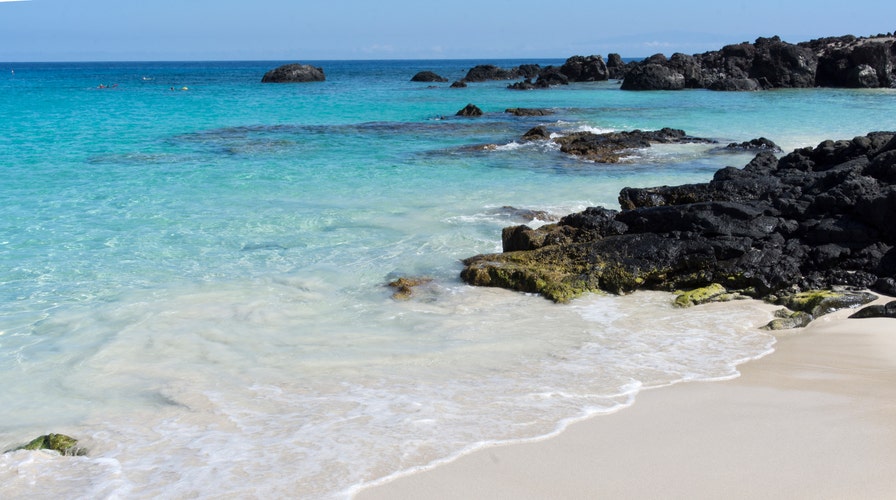What is rat lungworm?
A parasitic worm that can infect your brain with meningitis is spreading across Florida. Rat lungworm lives in rats and snails and people can be infected by eating contaminated snails, slugs, freshwater shrimp, crabs, frogs and produce
Health officials in Hawaii have announced three recent cases of rat lungworm disease in U.S. visitors to the state from Dec. 2018-Feb. 2019, including one that involved an adult who ate a poisonous slug on a dare. The case from December brought last year’s total number of confirmed illnesses to 10, while health officials say the other two, which likely involved unwashed fruits or vegetables, marks the state’s fourth and fifth cases for 2019.
Rat lungworm disease, also known as angiostrongyliasis, is caused by a parasitic roundworm and can be debilitating in patients if it affects the brain or spinal cord. According to Hawaii’s health department, most people contract the disease by accidentally ingesting an infected snail or slug. Symptoms vary but can include severe headaches or neck stiffness. Severe cases can result in neurological issues, severe pain or long-term disability.
Only one of the three recent cases required hospitalization for their symptoms, but health officials stressed the importance of knowing precautions to take to prevent contracting the disease.
“Getting information to visitors about the disease is just as critical as raising awareness amongst our residents,” Bruce Anderson, Hawaii’s health director, said in a news release. “We recognize that there is more work to be done in educating residents and visitors and making sure they know how to prevent the spread of this disease.”
CLICK HERE TO GET THE FOX NEWS APP
The health department recommends washing all fruits and vegetables to remove any tiny slugs or snails, particularly leafy greens, and inspecting store purchased containers. It also advises practicing snail, slug and rat populations around homes and gardens, and clearings suspected breeding grounds.
The news release said all three cases were contracted on the state’s Big Island. The three other cases confirmed this year have occurred in Big Island residents.









































